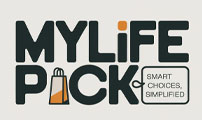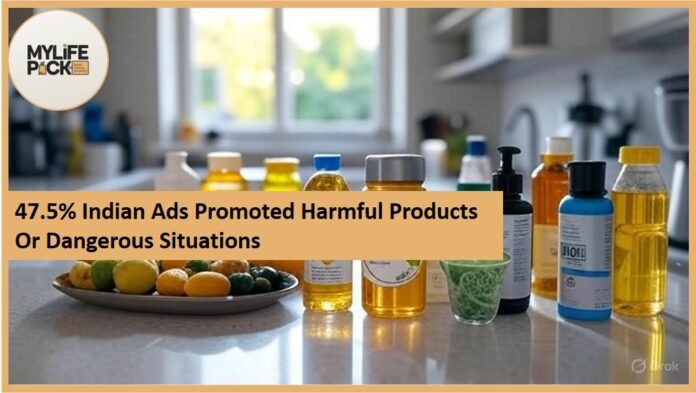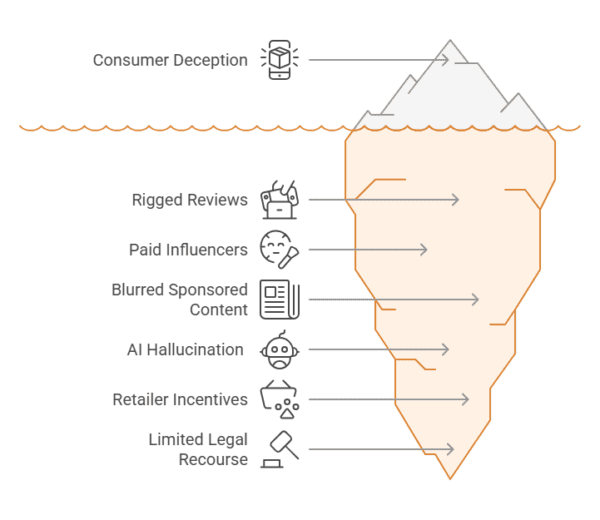The Advertising Standards Council of India, the ad regulatory body, reported a significant increase in consumer complaints this year.
Highlights
- 79% of ad violations were found on facebook or Instagram.
- The ASCI reported an 83 per cent increase in consumer complaints in 2024-2025.
- 56% of ads were found to be misleading consumers.
- 47.5% ads promoted harmful products or depicted dangerous situations.
Delhi, India – The Advertising Standards Council of India (ASCI), the Indian advertising industry’s self-regulatory body founded in 1985, has published its Annual Complaints Report for 2024-2025. The report examines a large number of advertisements for potential violations, revealing the prevalence of misleading content targeting Indian consumers across multiple platforms.
ASCI investigated 9599 complaints and examined 7199 ads between April 2024 and March 2025 for potential violations of its code. The ASCI code covers issues like misleading or dishonest ads, offensive or indecent ads, harmful ads, and unfair competition. A shocking 98% of the ads that were examined needed to be modified in some way.
Misleading claims contributed significantly to the number of violations. The report discovered that 56% of advertisements misled consumers due to a lack of honest representations. While objectionable content (Non-Offensive to Public) accounted for only 0.5% of violations and unfair competition cases (Fair in Competition) were 0.2%, ads promoting harmful products or depicting dangerous situations made up a substantial 47.5% of violations.
The sectors contributing the greatest number of violations were Offshore Betting and Realty, identified as the most violative. ASCI scrutinised 3081 ads related to Offshore Betting and 1767 related to Realty. ASCI escalated 3347 ads that are prohibited by law to appropriate regulators, an increase from the previous year. These included ads for betting/gambling, drugs claiming magic health remedies (233 ads reported to the Ministry of AYUSH), alcohol (21 ads reported to the Ministry of Information & Broadcasting), and unauthorised forex trading apps (12 ads reported to RBI).
Regarding offshore betting, the report noted a huge surge in reported cases, jumping from 1,311 in the previous year to 3,081 in 2024-25. A special monitoring unit established in partnership with online gaming federations intensified scrutiny of such ads. Many illegal betting platforms were promoted through disguised ads on community and fan pages, brand tickers, and influencer bios. 318 social media influencers were found to be pushing ads for offshore gambling. Digital posts that used famous personalities to display inflated earnings from these platforms were also reported.
In the real estate sector, 1755 ads in Maharashtra were found in potential contravention of MahaRERA Act requirements, often lacking mandatory project registration numbers or QR codes. Based on ASCI’s findings, the regulator imposed fines on builders.
Digital media was the primary platform for scrutinised ads, accounting for 94.8% of ads investigated. On digital platforms, 68% were sponsored ads on social media, with 32% having claims on companies’ own websites and social media accounts. This included violations on platforms like LinkedIn, where professionals often failed to disclose material connections when posting favourable views. The top categories for influencer violations were Illegal Betting, Fashion & Lifestyle, Personal Care, Food & Beverage, and Services. ASCI has issued an advisory urging LinkedIn influencers to comply with disclosure guidelines.
Another focus was on misleading environmental claims, also known as “greenwashing.” ASCI reviewed 211 ads for suspected false or exaggerated environmental claims, up from 34 the previous year. 100% of these ads lacked evidence to back up their green claims and therefore had to be modified. The top violative categories were home care (especially cleaning items), fashion and lifestyle, and personal care. The most common deceptive words included “eco-friendly,” “environmentally safe,” “sustainable,” “biodegradable,” and “plastic-free,” all of which lacked adequate explanation or supporting evidence. ASCI stated that in order to facilitate informed decision-making, brands need to be truthful and transparent as customer interest in sustainability increases. Some of these cases were escalated to regulators for non-compliance with the ASCI Code and potential violation of the CCPA Guidelines for Prevention and Regulation of Greenwashing.


